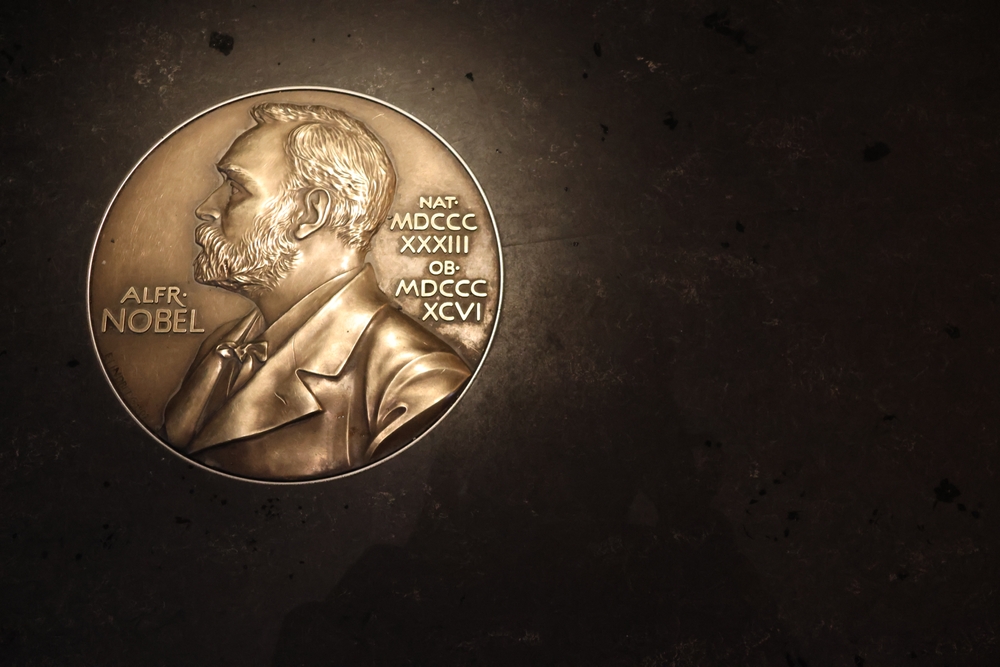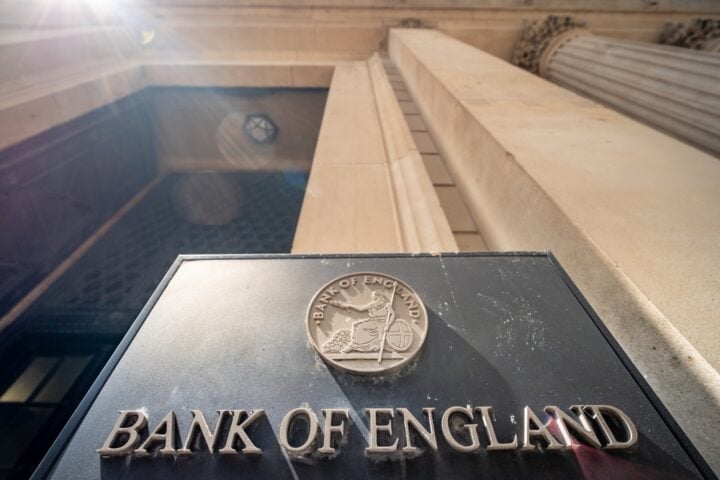The 2024 Sveriges Riksbank Prize in Economic Sciences in memory of Alfred Nobel has recognized Daron Acemoglu, Simon Johnson, and James A. Robinson for their pioneering research into how societal institutions shape economic prosperity. The Nobel committee of the Royal Swedish Academy of Sciences announced their achievement, emphasizing the trio’s insights into the link between institutional structures and a nation’s growth.
The research highlights that economic progress is significantly affected by a country’s institutional framework. According to the Nobel committee, “societies with weak rule of law and exploitative institutions fail to foster growth and positive change,” pointing out how these insights help understand economic disparities.
Exploring the Role of Institutions
The economists have explored the legacy of institutions shaped by European colonial powers. Their studies indicate that regions where inclusive systems were established saw sustained prosperity. Conversely, areas where extractive systems dominated have often struggled with low economic growth. This work has provided a deeper understanding of the long-term impact of governance structures on economic outcomes.
Acemoglu and Johnson are based at the Massachusetts Institute of Technology (MIT), while Robinson is a professor at the University of Chicago. Recently, Acemoglu and Johnson co-authored Power and Progress, focusing on the potential for digital technologies to enhance wealth and job creation if managed effectively.
A Moment of Surprise and Reflection
Upon receiving the news, Acemoglu shared his surprise, noting, “You never expect something like this.” He added, “It’s just a real shock and amazing news,” expressing delight over the recognition of their work, which he believes aligns with democratic values.
The announcement of the prize took place in Stockholm, Sweden, marking the conclusion of this year’s Nobel Prize season. The trio is set to divide the 11 million Swedish kronor prize, roughly equivalent to €934,000.
A History of the Economics Prize
While this year’s award celebrates groundbreaking research into institutional economics, past winners of the Nobel Prize in Economics include figures like Claudia Goldin, Ben Bernanke, and Milton Friedman, the latter of whom was honored in 1976 for his work on monetarism. This field emphasizes the role of controlling money supply in maintaining stable economic growth.
The Economics Prize is unique among the Nobel awards, as it was established later in 1968 by Sweden’s central bank, not included in Alfred Nobel’s original will. The first recipients, Ragnar Frisch and Jan Tinbergen, were honored in 1969.
Diplomatic Tensions and Global Reactions The award comes during a period of heightened diplomatic tensions. The relationship between Western countries, including the United States, and other global powers like China and India, has been tested in recent months. Western nations, aiming to strengthen ties with India to counterbalance China’s growing influence, now navigate a delicate diplomatic environment, balancing economic cooperation with human rights concerns.







